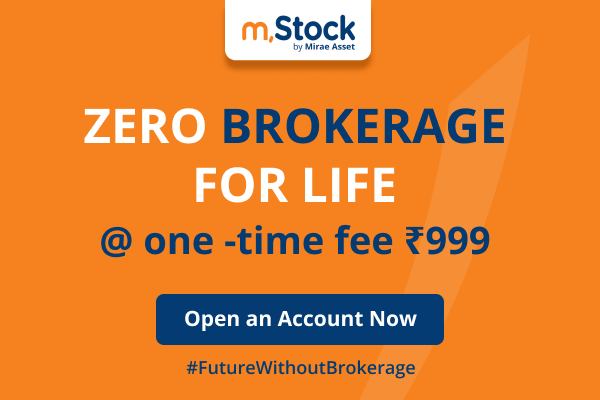Ever since the dawn of the stock market, traditional stock brokers have dominated the exchanges. Technological formalization in the capital market has changed the whole scenario for both traditional brokers and modern-age investors. It heralded a fundamental transformation in the way people approach investing. Now gone are the days when the only road to investment ran through stuffy coverage offices filled with suited professionals; today, the smartphones we carry can connect us to global markets within seconds.

For decades, these financial experts brought specialized knowledge, analytical skills, and market insights that were indispensable for investors. One of the main advantages of using a traditional broker was the personalized touch; each investment strategy was tailored to the individual investor’s needs. However, this personal touch wasn’t cheap and often comes at a price not within everyone’s reach.
Online platforms and trading apps have changed the landscape since their advent and democratized access to financial markets. These digital tools have made investing possible for anyone who has a smartphone and internet connectivity to start investing. This crumbled all the barriers to entry, like you didn’t need to pay any high maintenance fees and could start investing with low amounts as well. Let’s look at the pros and cons of Traditional Brokers and Modern apps.
Some major pros of having a traditional broker are personalized advice tailored to your goals, expert market insights, and comprehensive financial planning. Each approach has its merits and shortcomings. Some major shortcomings of a traditional broker are their high fees and commissions, less instantaneous access, and potential for conflicts of interest.
Although modern investment apps are ever-evolving, some of the major pros are low fees, instant access, user-friendly interfaces, and data analytics tools to do the research. One of the critical cons that you should consider while using a modern investment app is the potential for impulsive trading, as the ease of access drives you to that impulsivity.
As the investment landscape continues to evolve, there is no one-size-fits-all answer to traditional broker vs. share market investment app. Your choice between a traditional broker and an investment app should depend on your investment goals, risk appetite, and desire for hands-on involvement.
If you value expert guidance to guide you and have substantial capital, a traditional broker might be the right choice for you. Conversely, if you’re someone who loves to do things yourself, a modern app might be a better choice. At the same time, modern investment apps give you tons of tools for free to perform deep analysis and automate the process, too.
Interestingly, the financial industry is starting to see a hybrid approach, blending the best features from both worlds. Some modern apps now offer personalized advice from certified professionals. In comparison, many traditional brokers have introduced demat account app to appeal to new-age investors. This convergence demonstrates the industry’s adaptability and commitment to meeting the evolving needs of new-age investors.
With all these developments, as an individual investor, you need to stay informed and adaptable. Whether you lean towards the traditional brokerage route or prefer the ease of investment apps. The ultimate goal of your journey remains the same, i.e., to make informed decisions that pave your path to achieving your financial goals.